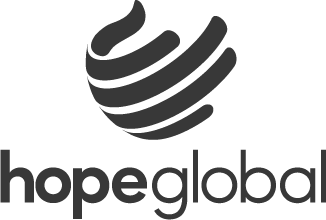
Our Vision
To empower teachers with the skills that they need to effectively teach students to be the next generation of visionary leaders.
Our Mission
To serve people and nations to reduce poverty, achieve sustainable development and to bring spiritual strength and social justice to every segment of society. We seek to offer practical solutions to overcoming poverty by empowering local people through education, training and income generation understanding.
Why Education?
- Education is more than reading, writing and arithmetic. It is one of the most important investments a country can make in its people and its future and is critical to reducing poverty and inequality.
- Education gives people critical skills and tools to help them better provide for themselves and their children.
- Education empowers understanding and can create opportunities for sustainable and viable economic growth now and into the future.
- Education in health helps fight the spread of HIV/AIDS and other diseases, reduces mother and child mortality and helps improve general wellbeing.
- Education encourages transparency, good governance, stability and helps fight against corruption.
Education Program
The Hope Global Education Program works to increase the quality of education by partnering with schools, universities, other faith-based NGOs and education departments in developing countries.
We achieve this by working in line with our partners’ strategic plans to up-skill teachers, improving curriculum by building the capacity of staff and education organisations to implement Key Learning Areas (KLAs), leadership, pedagogy and Information and Communications Technology (ICT).
Our overseas trips focus on delivering training conferences, community workshops and more, so we can tangibly and practically empower people with knowledge and skills that will equip them in their working roles and in their everyday life. We work alongside teachers, church leaders, community leaders, marginalised women and many others.
In one in three countries, less than three quarters of teachers are trained to national standards, resulting in 130 million children enrolled in school who are not even learning the basics.
source: globalcitizen.org
